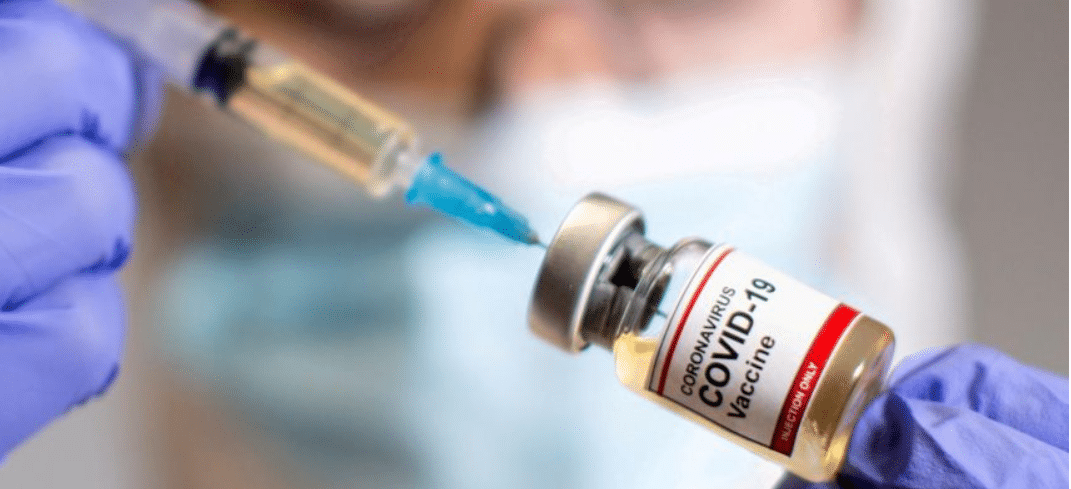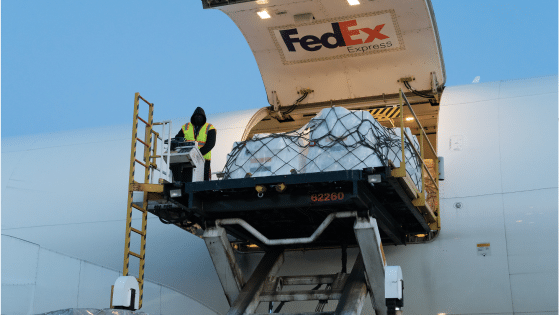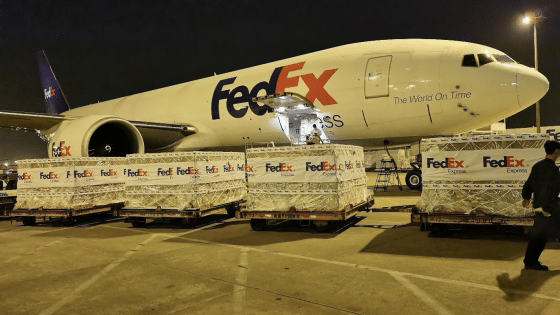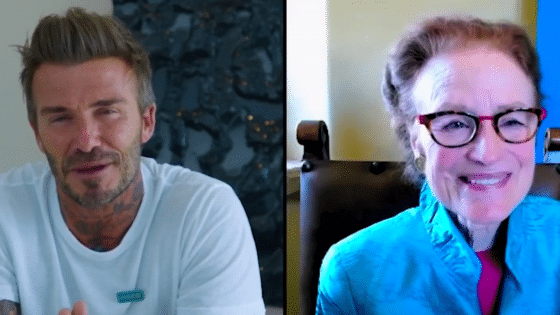In a regional study across South-East Asia conducted by InsightzClub (a tech-based consumer insights firm) sentiments among citizens towards the incoming COVID-19 vaccine generated insights into the almost universally positive acceptance of the programme.
An overwhelming number of users (88%) claimed that they intended to be vaccinated with 10% fence sitters and only 2% claiming that they would not want to be vaccinated.
Of the 12% unsure or not planning to be vaccinated, side-effects were the greatest concern (67%). This is understandable as vaccines are designed to train the human immune system to respond and effectively combat the active virus. Triggered immune responses from the Pfizer-BioNTech vaccine may result in mild symptoms including fever, chills, and fatigue. The side-effects do subside within a few days. Furthermore, there exists some unease about the speed at which the vaccine was formulated and approved (50%). Historically, research, clinical trials, and stringent regulatory approval takes several years. The advent of mRNA technology and invaluable global cooperation has fast accelerated the process shortening it to just a year. Uncommon responses were limited suggesting appropriate foundational knowledge of the COVID-19 vaccine.
Among those who stated that they would like to get vaccinated, the primary motivator was identified to be personal safety concerns (68%). Followed by societal concerns (60%) and for life to return to a pre-pandemic state (60%). Travel related reasons seem to occupy a significantly lower priority with only around 45% claiming they would like to receive the vaccine for the purpose of travel.
When asked about awareness regarding the vaccination process, most participants claimed that they had (72%). It is a positive indication of the governments and their respective health ministries in ensuring transparent and comprehensive informational campaigns regarding the distribution of vaccines. Overall, the government was considered to have managed the COVID-19 pandemic moderately to extremely well (86%). It is possible that the trust in the government’s ability to handle such a crisis has reinforced the willingness to participate in the vaccination programme.
Lastly, heightened caution, concern, and preventative measures taken by individuals is very encouraging looking towards inoculation to the point of herd immunity. There also exists a strong correlation between intending to be vaccinated and the degree of social and personal responsibility during the pandemic. Almost 90% had maintained high standards of personal hygiene by frequently washing their hands, carrying sanitisers, and wearing masks.
As per the findings, it is evident that the levels of caution and responsibility during the pandemic has boosted vaccine adoption in the region. There still yet remains work to be done to further improve awareness and to address safety and efficacy concerns. The news is encouraging and reasserts the continuous recovery of our nations. The above findings are based on a South-East Asian study by InsightzClub’s proprietary iFeed solution.
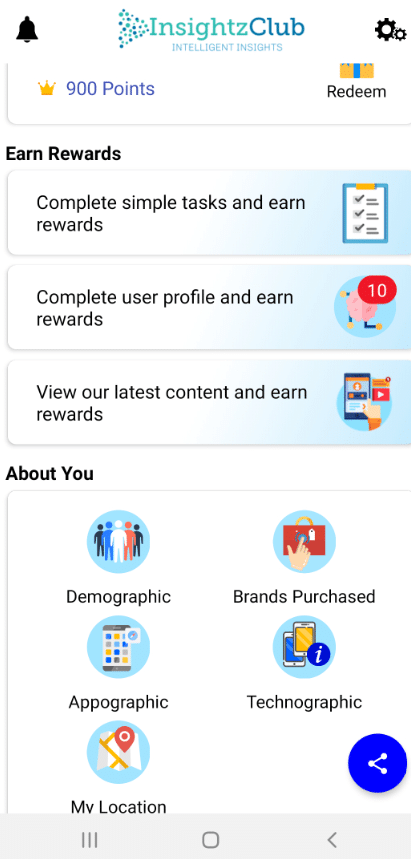
Kejayaan, Ukuran Dan Perjalanan
Cofounder of InsightzClub, an agile tech enabled platform for consumer insights. Padmanabhan has more 14 years of experience in consumer insights, analytics and data science and ecommerce while working in leadership roles at Rocket Internet/Lazada, Hong Leong Management Group, Nielsen and IPG Mediabrands. Follow him at InsightzClub and on Facebook.











